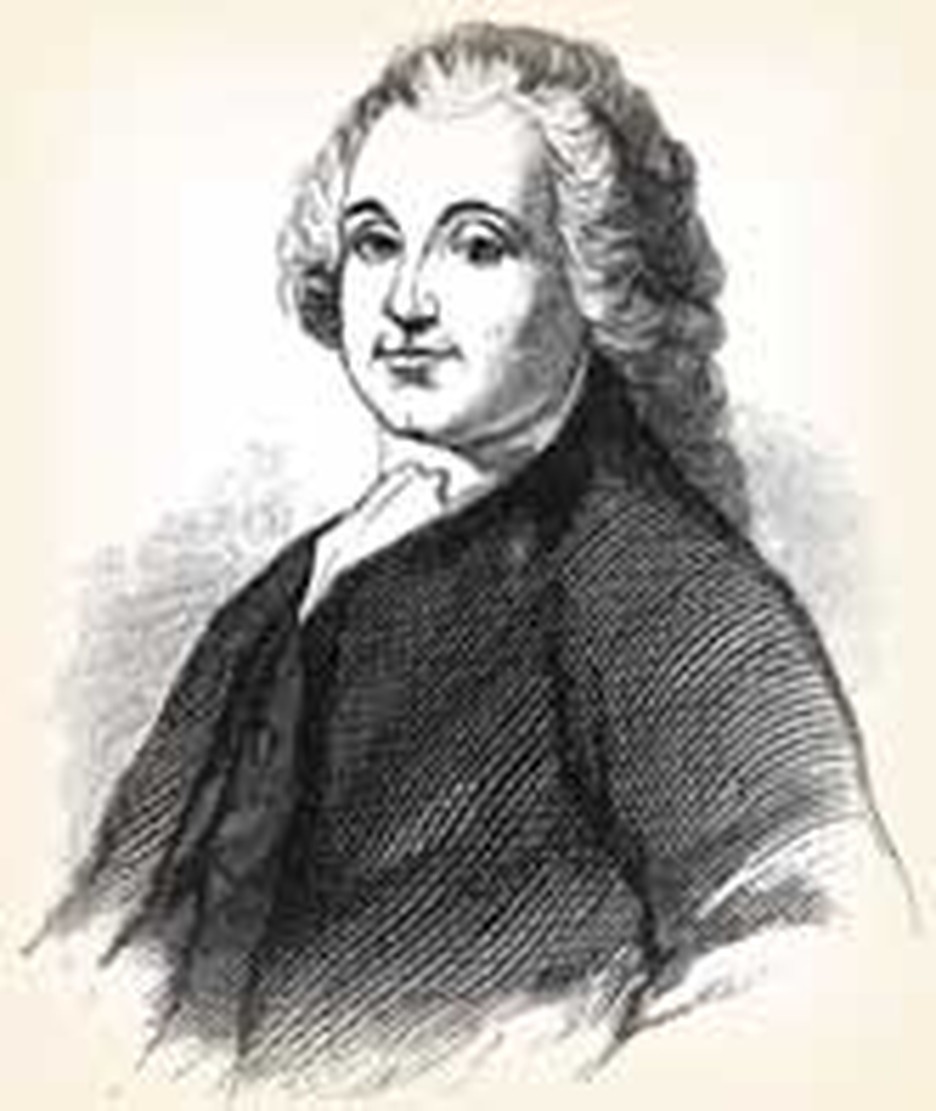
We have not always enjoyed the religious rights we now have. Christian theology, by making men conscious of their worth to God, who sacrificed his Only Begotten Son for them, made them important as individuals. In struggling for religious freedom, our forefathers won civil rights for us.
An important actor in that struggle was Roger Williams. England in the seventeenth century knew few religious rights. In that century George Foxe, the founder of the Quakers and John Bunyan, the Baptist author of Pilgrim's Progress, languished in English prison for daring to differ from the majority in their religious views. Some Christians fled to the newly-founded American colonies to escape persecution at home.
Roger was one of them. He arrived in New England on this day, February 5, 1631, a day remembered by many as "Freedom's Cause Day."
A brilliant scholar, Williams was ordained in the Church of England while at Cambridge. His liking for Puritan views, however, soon forced him out of the established church. So he migrated to New England. There he was offered the congregation at Boston but turned it down, because its people had not broken with the Church of England. The "godly" must separate from the "ungodly" if they were to stay pure, he said.
Salem and Plymouth, his next stops, soon tired of Williams. He was like a square peg in a round hole, for he told them that it was wrong for them to take Indian land without paying for it. He also insisted that the government of the colony had no right to set up a "civil power and officers to judge the convictions of men's souls..." This was too much for New England's Puritans. They believed government was required to enforce godliness and protect true religion as they defined it.
The government expelled Roger Williams from Massachusetts. After wandering for fourteen weeks in the bitter cold of winter, he settled at Narragansett Bay, in territory that would become the colony of Rhode Island. Putting into practice his beliefs, he purchased his land from the Indians and founded a town which he named Providence. He learned the Indians' language and wrote a key to it.
In 1644 he wrote a defense of religious freedom. That same year he secured a charter for his new colony, Rhode Island. This small region became a haven for those whose beliefs differed from the majority. Williams himself abandoned Puritanism and the Baptist church he had helped found (the first in America), opposing all sects and creeds.
But Rhode Island became a model of toleration and of the separation of church and state. If Roger Williams had not been willing to suffer for his beliefs, we might not now enjoy the liberties we do. Three hundred and fifty years later we must sometimes wonder whether we will keep the freedoms men like Roger Williams won with such struggle.
Bibliography:
- Dictionary of American Biography. New York: Scribner, 1958-1964.
- Covey, Cyclone. The Gentle Radical; Roger Williams. New York: Macmillan, 1966.
- Gaustad, Edwin S. Liberty of Conscience; Roger Williams in America. Library of Religious Biography. Grand Rapids, MI: Eerdmans, 1991.
- Kunitz, Stanley. American Authors, 1600-1900: a biographical dictionary of American literature. New York: The H. W. Wilson company, 1938.
- Miller, Perry. Roger Williams, His Contribution to the American Tradition. New York: Atheneum, 1962.
- Gammell, William. Roger Williams" in Makers of American History. New York: Unversity Society, 1904.
- Roger Williams: Freedom's Forgotten Hero [Videorecording] Freedom Research Productions Fair Oaks, CA.
- Wood, James E. editor. Baptists and the American Experience. Judson Press, Valley Forge, PA.


